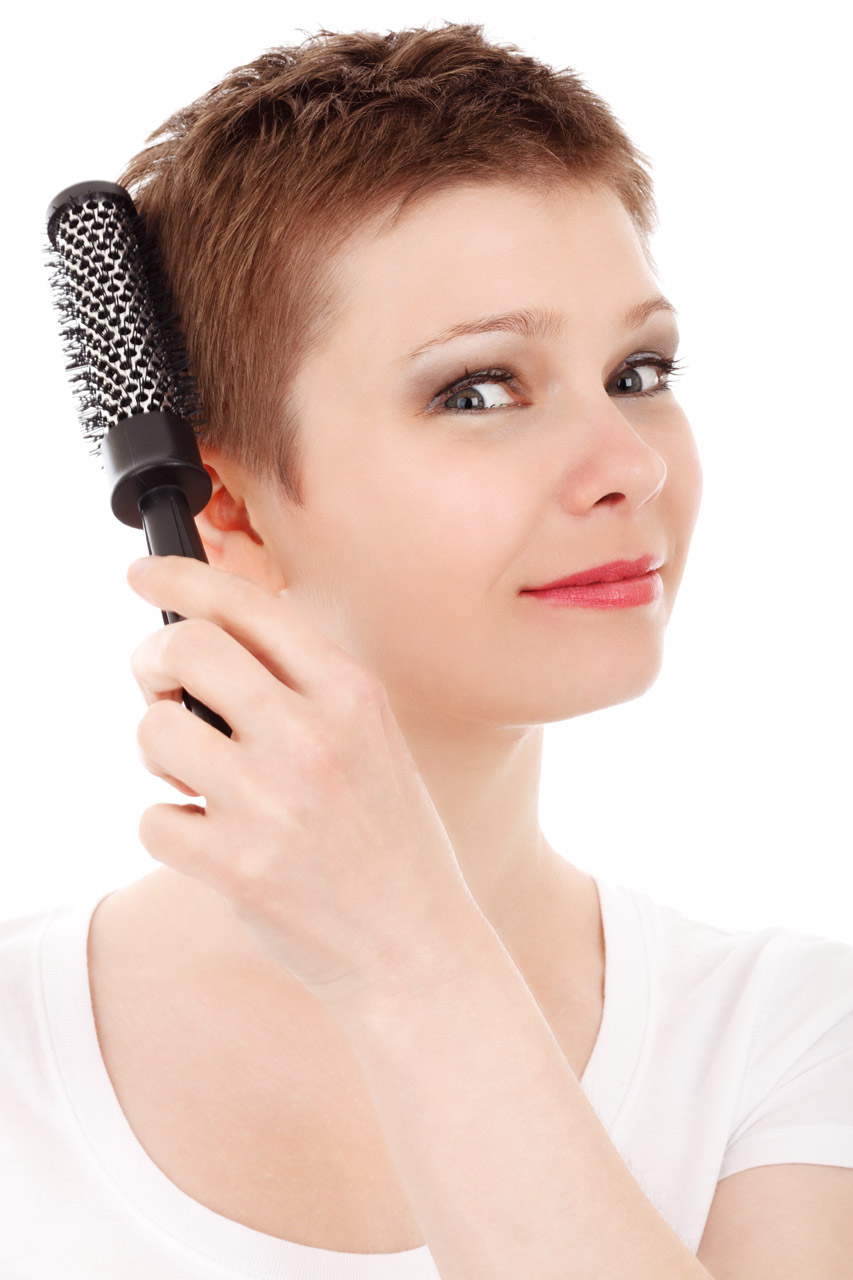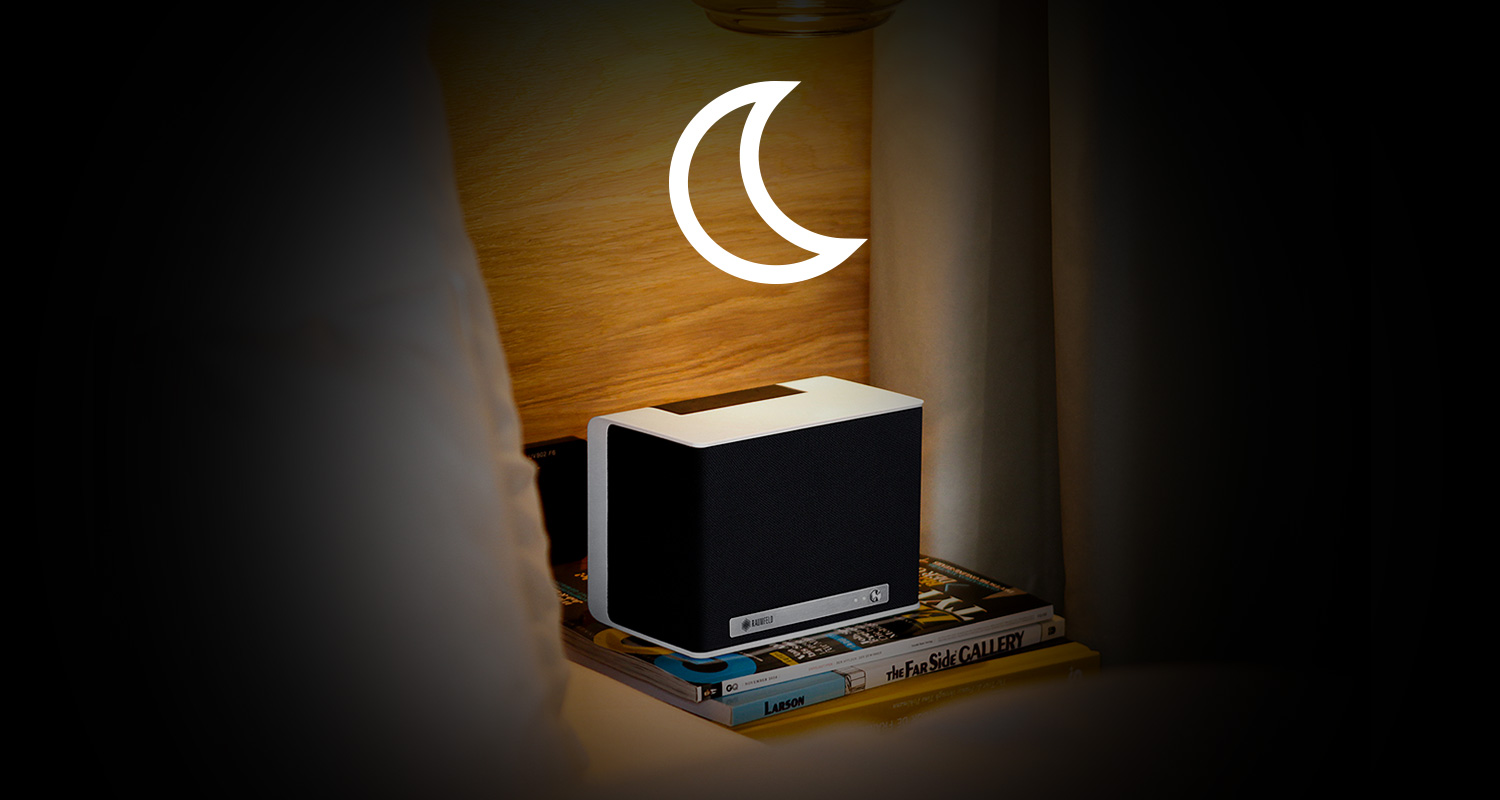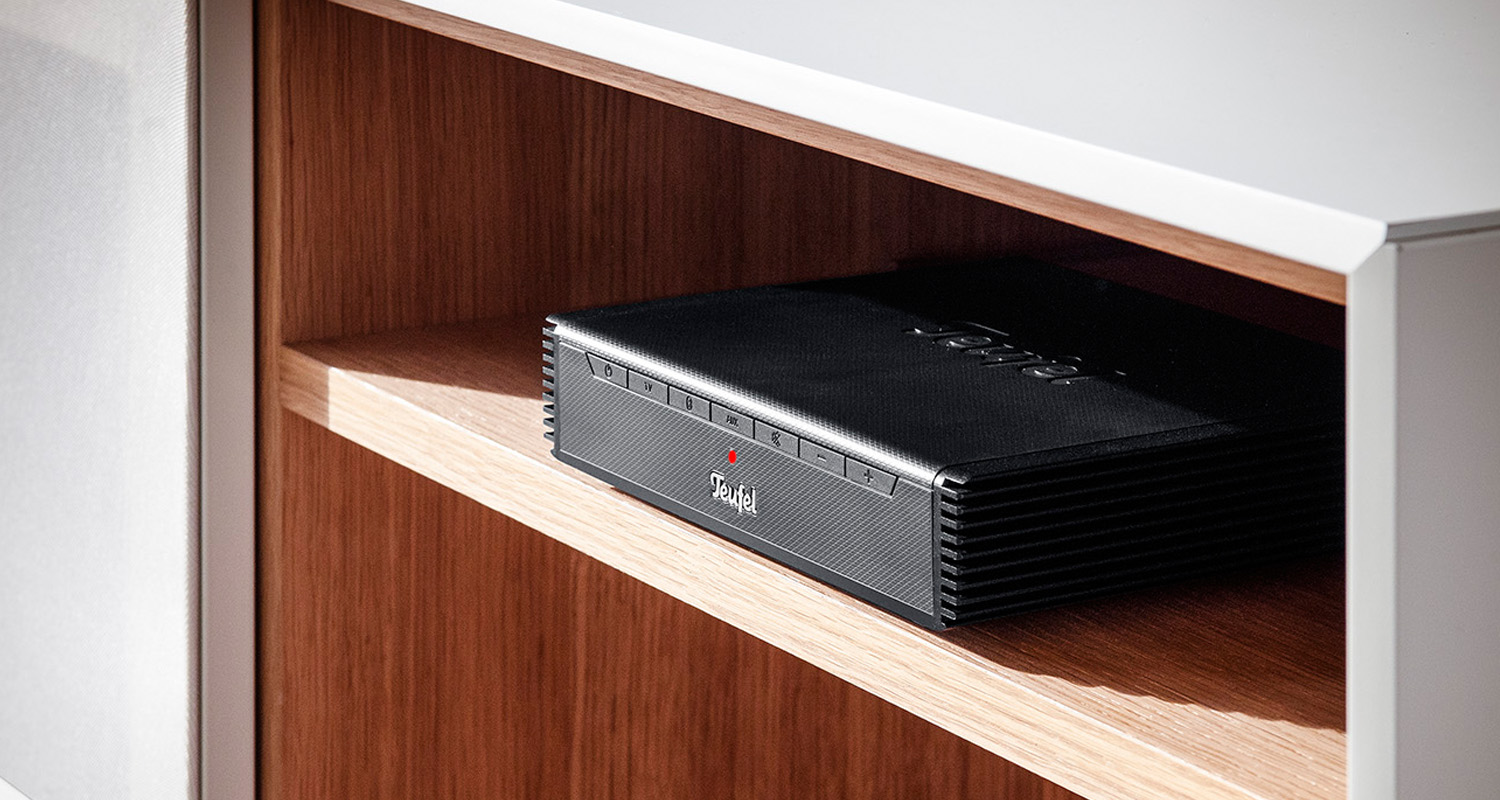A woman in appears on the screen. She breathes and whispers into a microphone, picks up a hardcover book and runs her fingernails across it, crinkles paper and brushes her hair. Thanks to the high quality of the audio recording (and our own Teufel headphones), we hear a series of low but highly textured rustling, crackling and buzzing sounds. What appears to be abstract performance art actually has a much more practical purpose: To induce tingling sensations in the viewer/listener. Welcome to the popular online audio fetish known as ASMR.
Autonomous Sensory Meridian Response
ASMR, short for Autonomous Sensory Merid ian Response, is a fairly recent label for an old phenomenon: A tingling sensation along the scalp, neck or back. Felt to a greater or lesser degree by some people when exposed to certain auditory stimuli, ASMR is a subtle and elusive pleasure. This makes it different from other bodily feelings sound can induce, such as the rumble in one’s chest when a subwoofer kicks in during an adventure film. Those susceptible to ASMR will have different triggers with sounds like whispering, the rustling of fabric and the brushing of hair being the most common.
ian Response, is a fairly recent label for an old phenomenon: A tingling sensation along the scalp, neck or back. Felt to a greater or lesser degree by some people when exposed to certain auditory stimuli, ASMR is a subtle and elusive pleasure. This makes it different from other bodily feelings sound can induce, such as the rumble in one’s chest when a subwoofer kicks in during an adventure film. Those susceptible to ASMR will have different triggers with sounds like whispering, the rustling of fabric and the brushing of hair being the most common.
Although Autonomous Sensory Meridian Response sounds scientific, it actually hasn’t been the subject of much empirical research to date. Interestingly, the practice was discovered by the collective creativity of the internet around about the year 2010 well before most people in the medical professional ever heard of it. However, if the number of YouTube videos dedicated to ASMR are anything to go by, it’s a very real and pleasurable experience many people actively seek.
Popular ASMR artists
One popular ASMR practitioner who goes by the name Olivia Kissper has a quarter million subscribers to her channel and over a million views for a video she made to help people locate their ASMR “triggers”. Another ASMR YouTuber, “GentleWhispering”, has close to a million subscribers and videos with over 6 million views each – look out pewdiepie!
While most ASMR practitioners are attractive young women with vague and alluring accents, it would be wrong to assume that the pleasure of ASMR is sexual, or at least primarily so. The majority of those who listen to these videos say they do so in order to relax or fall asleep.
Admittedly, there is a strong feeling of intimacy created by the low, clear audio and close-ups featured in most ASMR videos, but it appears to be the sort of intimacy that fosters feelings of comfort, even relaxation. In fact, many emphasize that ASMR YouTubers are really artists who, like artists in other genres, help facilitate an altered state of awareness and dreams.
Popular ASMR trends: Binaural ASMR & role playing
Almost as popular as ASMR itself is something called “binaural ASMR”. Binaural is a term known in audio circles and simply means “relating to two ears” or “stereophonic”. Applied to ASMR, binaural is the recording of sounds over two microphones for stereo playback. The stereo effect heightens the impression that the sounds are present in the same room as the listener, thus enhancing feelings of intimacy and comfort so important for an ASMR experience.
Another common theme that increases the realistic effect of ASMR is role playing. ASMR YouTubers often pretend to be doctors or hair dressers and come right up to the camera to offer their “services”. Other YouTubers will seek to involve the viewer in monotonous tasks that involve a good deal of tactile noises such as opening packages. This level of involvement seems to heighten the effect for many people. The feigned attention the YouTubers assume when pretending to fix the viewer’s hair or applying a lotion on a cotton swab is also pleasurable to some. It can be an important part of the escape many seek in these videos and helps transition them into a more relaxed state of mind.
Getting the most out of ASMR
Because of the highly textured sounds and the attention given to whispered dialogue, especially consonant sounds like “p” and fricative consonants such as “s” and “z”, better speakers are required for an optimal ASMR experience. For those who listen to ASMR videos at home on a desktop PC, it’s worthwhile to have a pair of stereo speakers as well as a good sound card. Teufel’s Concept C 2.1 complete hi-fi system with USB sound card is therefore a good choice. Open headphones like the Aureol Real can deliver a roomy and realistic stereo image while preserving the sense of intimacy ASMR videos foster. If listening on a television, a soundbar with a strong midrange will deliver both the stereo aspects of the sound and very distinct dialogue. Full-range tower speakers will, of course, also reproduce the effect beautifully.
For those who listen to ASMR recordings as a way of falling asleep, the new time sleep timer feature on Teufel’s Raumfeld brand of streaming speakers is a handy option. Simply select a time on the “Now playing” screen in the Raumfeld App to stop the speakers after a set interval. The audio will automatically cease and the speakers will switch to the ECO mode. Best of all? The volume will slowly decrease before stopping – a gentle end to a gentle stream.

Coda: ASMR is a popular sound experience for relaxation
• ASMR stands for Autonomous Sensory Meridian Response
• ASMR is experienced as a tingling sensation along the scalp, neck and/or back
• Not everyone can feel ASMR and those who do have different triggers
• An internet subculture has emerged in the form of ASMR YouTubers
• Most people listen to ASMR recordings in order to relax or fall asleep
• Quality speakers will help you get the most out of ASMR videos
• The phenomonen has not be subject to much scientific research
[product id=”27032,27461,27487″]
Title picture: By Internet Archive Book Images [No restrictions], via Wikimedia Commons
Picture #1: By Petr Kratochvil [Public domain], via Wikimedia Commons
Picture #2: Property of Teufel Audio





Leave a Reply